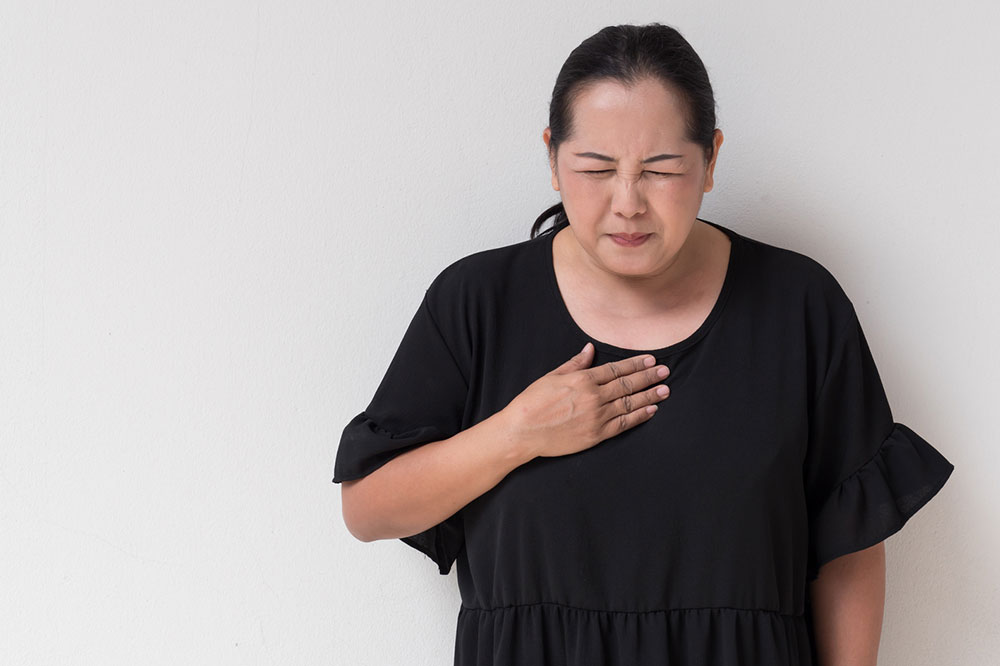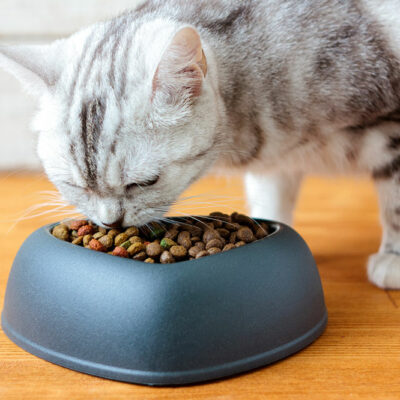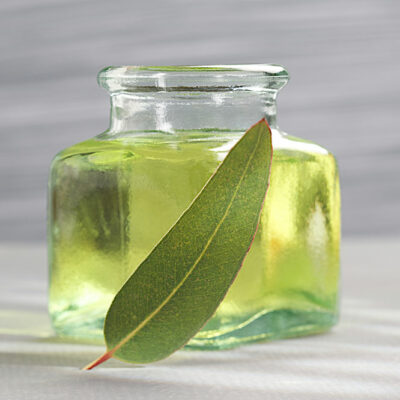
7 Lifestyle Tips to Effectively Manage GERD
For some people with mild gastroesophageal reflux disease (GERD), lifestyle changes alone may eliminate discomfort and help treat it without going in for medication. Heartburn, which occasionally occurs during festivals, party times, holidays, or some rare stressful events, can subside in a few days. However, if you notice that you are experiencing heartburn-like symptoms more than twice a week, then it could be something more serious, and should be taken seriously. Lifestyle changes imply that you have to change and modify things you can control, like dietary habits and daily routines. Though these tips alone may not be a specific cure for GERD, they can make the symptoms more manageable:
1. Quit smoking and alcohol
Many smokers suffer from acid reflux. It is because cigarette smoke and nicotine delay stomach-emptying, which puts pressure on the esophageal valve. Smokers tend to develop acid reflux throughout the length of the aerodigestive tract. Alcohol increases the secretion of acids in the stomach and is a sure-shot aggravator of GERD symptoms.
2. Maintain a healthy weight
GERD can be more severe for those who weigh more than those who don’t. Research has proved that those who are overweight have a threefold chance of an increase in heartburn symptoms. It’s because excess weight increases abdominal pressure, causing the backflow of stomach acids into the esophagus. Hence, it is imperative to check your weight in order to improve GERD symptoms.
3. Avoid soda and aerated drinks
The carbonated bubbles can expand in the stomach, causing increased pressure that can turn into a reflux.
4. Eat smaller quantities and chew your food well
If you suffer from GERD, then you should eat smaller meals, as that reduces the pressure in your stomach while eating. Eating slowly and with awareness also helps you identify when your stomach is full and know when you should slow down or stop. Once you start chewing your food well, it will get digested in a better way and reduce esophageal irritation.
5. Avoid lying down flat on the bed
Elevating the head of your bed will reduce the contact between the lining of the food tube and acidic contents, thereby enabling a better night’s sleep. Gravity plays an important role in the return of the acids from the stomach to the esophagus. Also, if you’ve just eaten, then wait for at least three hours before lying down to sleep or relax.
6. Avoid tight clothing
Tight clothes exert pressure on the stomach, causing the stomach acids to move up towards the esophagus and lead to a reflux. If you are prone to acid reflux, then wear loose clothes that do not strain or compress the stomach area.
7. Lower your stress
Stress increases the secretion of acids in the stomach and can be one of the indirect causes of acid reflux. Meditate, walk, exercise daily, eat healthy foods, and keep yourself calm to reduce the symptoms of GERD.


